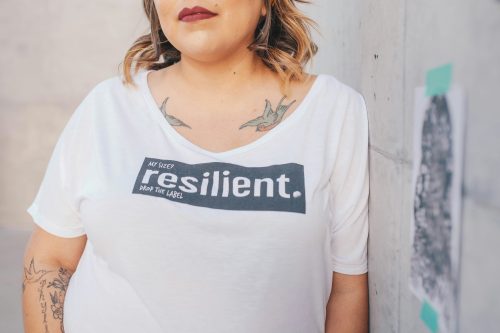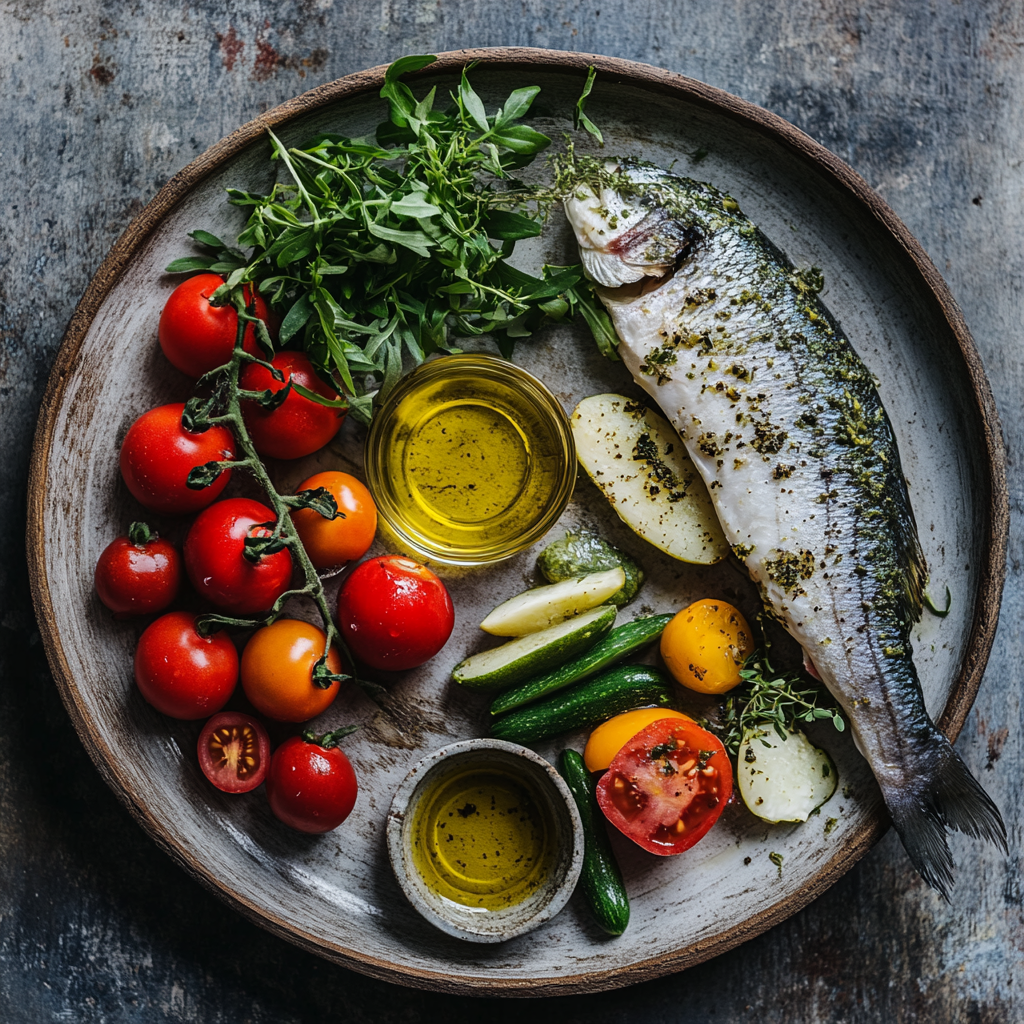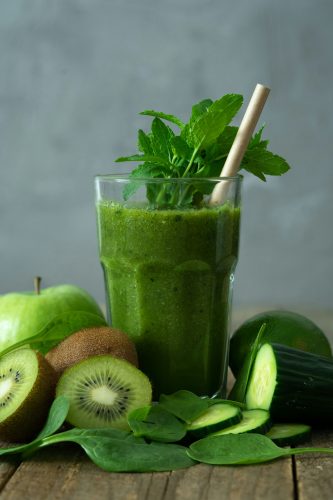Mediterranean Diet Linked to Lower Stress Levels: A Path to Better Emotional Resilience
In today’s fast-paced world, managing stress is crucial for maintaining a balanced and healthy life. While there are numerous ways to reduce stress, recent research highlights the importance of a Mediterranean diet in promoting emotional resilience and reducing stress. According to a study conducted by Binghamton University, following a Mediterranean diet as opposed to the traditional Western diet can significantly lower perceived stress levels and improve mental well-being.
In this blog, we’ll explore how adopting a Mediterranean diet can enhance your emotional resilience, reduce stress, and contribute to better overall health.
Understanding Emotional Resilience
Before diving into the diet connection, it’s essential to understand emotional resilience. Emotional resilience is your ability to adapt to stressful situations and bounce back from life’s challenges. It’s not about avoiding stress but learning how to handle it effectively. This is where the Mediterranean diet can play a transformative role. With the right nutrients, you can strengthen your mental health and reduce the impact of stress.
The Mediterranean Diet: A Natural Stress-Relief Tool
The Mediterranean diet has long been known for its benefits in improving physical health, including heart function and weight management. However, new research indicates that it also supports emotional resilience by reducing perceived stress levels.
The diet is primarily plant-based, including vegetables, fruits, whole grains, legumes, and nuts, with healthy fats such as olive oil. The inclusion of antioxidant-rich foods and omega-3 fatty acids makes the Mediterranean diet an excellent choice for those looking to improve their mental health.
How Does the Mediterranean Diet Reduce Stress?
Research has shown that stress is closely linked to inflammation and poor dietary habits, often seen in the traditional Western diet. By contrast, the Mediterranean diet focuses on nutrient-dense foods that support emotional resilience. Here’s how:
1. Nutrient-Rich Foods Support Mental Health
The Mediterranean diet is packed with vitamins, minerals, and antioxidants that help lower oxidative stress in the body. Foods like leafy greens, olive oil, and fatty fish provide essential nutrients that enhance brain function and stabilize mood.
- Omega-3 Fatty Acids: Found in fish like salmon, these fats reduce inflammation and improve emotional well-being.
- Antioxidants: Vegetables and fruits like tomatoes, spinach, and berries are loaded with antioxidants that protect the brain from stress-related damage.
2. Balanced Blood Sugar Levels
Unlike the Western diet, which is often high in refined sugars, the Mediterranean diet helps maintain stable blood sugar levels. This is crucial for emotional resilience, as balanced blood sugar prevents mood swings and irritability, common symptoms of stress.
Key Findings from the Study
The study conducted by Binghamton University surveyed over 1,500 individuals and assessed their dietary habits and stress levels. Using machine learning, the researchers discovered a clear link between the Mediterranean diet and lower levels of perceived stress. Here are the key takeaways:
- Lower Perceived Stress: Those who followed the Mediterranean diet reported feeling less overwhelmed by stress and exhibited higher emotional resilience.
- Western Diet & Stress: Participants who consumed a Western diet, high in processed and low-quality foods, experienced higher levels of stress and mental distress.
This data suggests that adopting a Mediterranean diet may be one of the simplest yet most effective ways to improve emotional resilience and manage stress naturally.
Tips for Incorporating the Mediterranean Diet to Boost Emotional Resilience
If you’re ready to lower your stress and enhance emotional resilience, here are some practical tips for incorporating the Mediterranean diet into your daily routine:
1. Focus on Whole Foods
Make fruits, vegetables, whole grains, and legumes the cornerstone of your diet. These foods are rich in fiber, vitamins, and minerals that nourish your body and mind.
2. Include Healthy Fats
Replace butter and unhealthy oils with olive oil. Olive oil, rich in healthy fats, is a key player in reducing inflammation and promoting brain health.
3. Add Omega-3 Rich Foods
Incorporate fatty fish like salmon and mackerel into your meals at least twice a week. The omega-3s in these fish can significantly improve emotional resilience by reducing anxiety and depression.
4. Limit Processed Foods
Cut back on processed foods high in sugar and unhealthy fats, which contribute to stress and emotional instability. Instead, opt for whole, nutrient-dense foods.
5. Stay Hydrated
Hydration is crucial for overall health, including emotional well-being. Make sure to drink plenty of water throughout the day, as even mild dehydration can increase feelings of stress.
How Emotional Resilience Can Improve with a Mediterranean Diet
As the study revealed, the Mediterranean diet doesn’t just benefit physical health—it directly influences mental well-being. Emotional resilience allows you to navigate life’s ups and downs with more ease, and by following a nutrient-rich diet, you give your brain the tools it needs to thrive.
Healthy fats, antioxidants, and a balanced intake of carbohydrates from whole grains ensure that your body is operating at its best, reducing your perception of stress and increasing your ability to handle challenges.
A Balanced Diet for a Balanced Mind
The connection between the Mediterranean diet and emotional resilience is clear. By shifting away from processed foods and embracing a diet rich in whole foods and healthy fats, you can reduce stress and promote a greater sense of well-being. Whether you’re dealing with daily stress or striving to improve your mental health, incorporating Mediterranean diet principles into your life can make all the difference.
So, why not start today? Embrace the Mediterranean way and boost your emotional resilience while enjoying delicious, nutritious food.
With love and positivity, Jennifer 🙏🏻💛





